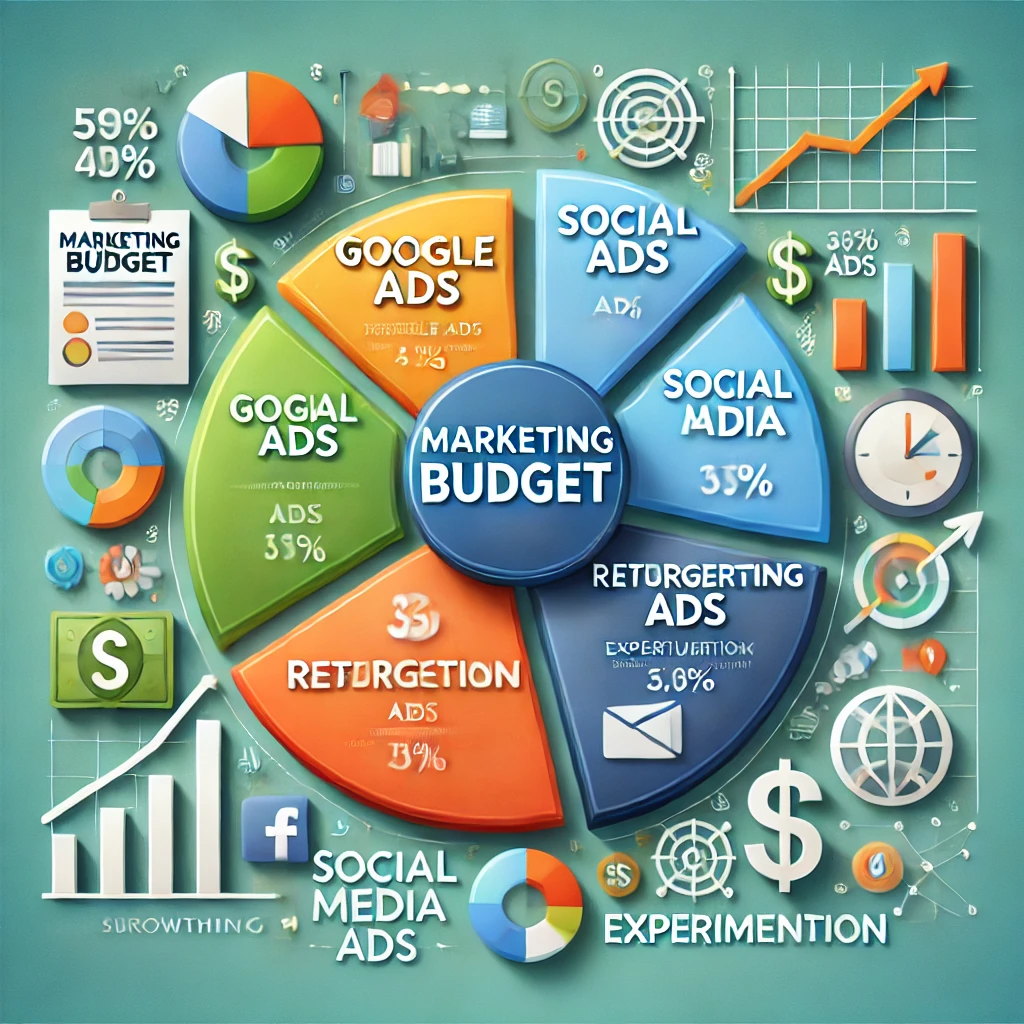
Unlocking the Secrets of PPC Keyword Selection for Maximum ROI
Introduction
In the fast-paced world of digital advertising, ensuring your campaigns yield profitable results can feel like chasing a moving target. Many marketers struggle with inefficient spending, low click-through rates (CTR), and poor conversions—all symptoms of ineffective PPC keyword selection. The right keywords are the foundation of successful pay-per-click (PPC) advertising, directly influencing visibility, traffic quality, and ultimately, revenue. But how can you master the art of choosing the best keywords? Let’s break it down step by step.
Why PPC Keyword Selection Matters
Selecting the right keywords is more than just guesswork; it’s a science. Choosing the right terms ensures your ads appear before the most relevant audience, maximizing your CTR while minimizing wasted spend.
Key Benefits of Optimized PPC Keywords:
- Improved Ad Relevance: Highly relevant keywords boost Quality Score, lowering your cost-per-click (CPC).
- Better Conversion Rates: Targeting intent-driven keywords ensures clicks are more likely to convert.
- Higher ROI: Efficient keyword targeting reduces ad spend while increasing returns.
The Fundamentals of PPC Keyword Selection
1. Understand Your Audience’s Intent
Every keyword carries an implied intent. To find high-performing keywords, identify what your audience is looking for at different stages of the sales funnel. Break it down into:
- Informational Intent: “How to use PPC for small business.”
- Navigational Intent: “Google Ads setup tutorial.”
- Transactional Intent: “Buy PPC software.”
2. Conduct Comprehensive Keyword Research
Leverage tools like Google Keyword Planner, SEMrush, or Ahrefs to find keywords that align with your business goals. Look for:
- Search Volume: Focus on keywords that strike a balance between high volume and low competition.
- Competition Levels: Target long-tail keywords to avoid bidding wars while capturing highly specific traffic.
- CPC Estimates: Choose keywords that fit your budget while promising solid returns.
Advanced Strategies for Effective Keyword Selection
1. Focus on Long-Tail Keywords
While short-tail keywords (e.g., “PPC”) have high search volumes, they often come with fierce competition. Long-tail keywords, such as “best PPC strategies for small businesses,” have:
- Lower competition
- Higher relevance
- Better conversion rates
2. Utilize Negative Keywords
Negative keywords prevent your ads from showing up in irrelevant searches, ensuring you’re not wasting money on clicks that won’t convert. For example, if you sell premium services, add “free” or “cheap” as negative keywords.
3. Analyze Competitor Keywords
Understanding what works for your competitors can help you refine your own strategy. Use tools like SpyFu or iSpionage to uncover competitor keyword data and identify gaps you can exploit.
4. Prioritize Geo-Targeted Keywords
If your business serves specific regions, incorporate location-based keywords to improve local relevance. Example: “PPC services in Austin.”
5. Adapt with Trends
Keep an eye on trending terms and seasonal keywords to stay ahead of the curve. Google Trends can help you identify and leverage these opportunities.
How to Evaluate and Optimize Your PPC Keywords
1. Track Performance Metrics
Use tools like Google Ads and Microsoft Advertising to monitor keyword performance. Key metrics to track include:
- CTR
- Quality Score
- Conversion Rate
- Cost-per-Acquisition (CPA)
2. A/B Test Keywords
Continuously test different variations of your keywords to find the most profitable ones. Experiment with match types like:
- Broad Match
- Phrase Match
- Exact Match
3. Refine Based on Data
Regularly audit your PPC campaigns to refine your keyword lists. Pause low-performing keywords and allocate budget to top performers.
Common Mistakes to Avoid in PPC Keyword Selection
- Overloading Campaigns with Keywords: Too many keywords dilute your focus and budget. Keep ad groups tightly themed.
- Ignoring Search Intent: Selecting keywords without understanding user intent results in irrelevant traffic.
- Skipping Negative Keywords: Omitting this step leads to wasted spend on irrelevant clicks.
- Failing to Monitor Performance: PPC is dynamic—keyword performance changes, and ongoing optimization is essential.
The Future of PPC Keyword Selection: AI and Automation
Modern PPC platforms increasingly rely on AI-powered solutions to optimize keyword selection. Features like Smart Bidding and responsive search ads dynamically adjust bids and keywords to match user behavior. Stay updated with these advancements to gain a competitive edge.
Conclusion
Mastering PPC keyword selection is both an art and a science, requiring a blend of data-driven research and creative strategy. By understanding user intent, leveraging advanced tools, and continuously optimizing your campaigns, you can transform your PPC efforts into a highly profitable marketing channel.
Don’t let your competitors outbid you—take the first step toward PPC success today by refining your keyword strategy.
Showcase Your Landscaping Expertise and Attract More Clients
Your clients want to see proof of your skills—beautiful photos, glowing testimonials, and compelling stories. If your website doesn’t highlight your expertise, you’re missing out. Request a free content audit, and we’ll show you how to position yourself as the go-to landscaping professional in your area. Learn more here.


